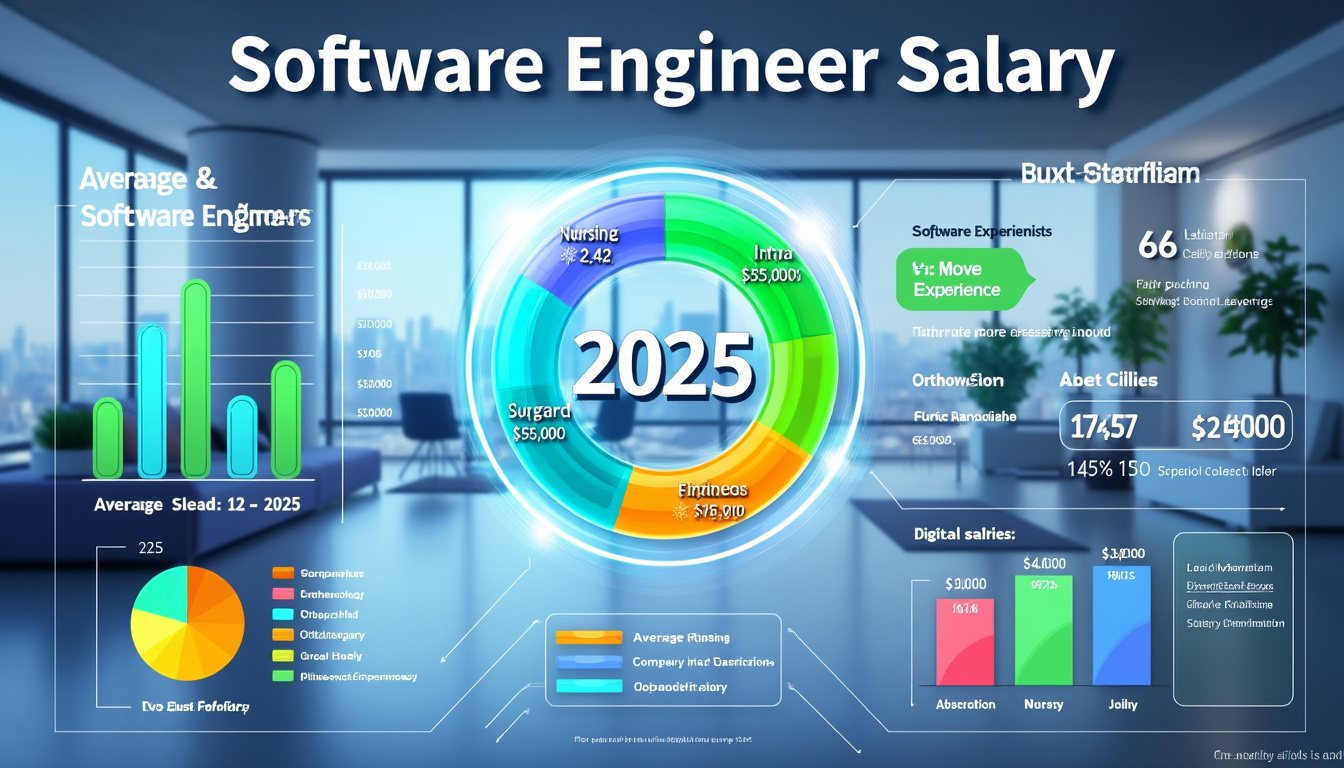The landscape of salary expectations for the year 2025 is rapidly evolving. With the continuous growth in various industries, understanding the projected salaries is crucial for both employees and employers. Companies need to remain competitive while attracting top talent, and candidates must be aware of their worth in the job market. The increase in the salary cap in the NFL serves as a crucial indicator of larger economic trends, shedding light on how pay structures across industries may shift in the coming years. By analyzing various resources and salary data—including those from Salary.com, Glassdoor, and others—we uncover the prospects for job seekers and businesses alike.
This comprehensive examination explores projections and expectations for salaries in 2025, divided into sections that cover various industry factors, economic influences, and specific roles. Employers, recruiters, and job seekers can gain valuable insights into pay scales and trends that are expected to shape the future of work.
Understanding salary expectations in different industries
The salary landscape can drastically differ depending on the industry. In 2025, various sectors will have distinct expectations based on market demand, economic growth, and technological advancements.

Technology sector
The technology industry continues its rapid expansion, employing new graduates and experienced professionals alike. As businesses migrate to digital platforms, skilled workers in coding, data analytics, and artificial intelligence are in high demand. These positions often come with a competitive salary package, reflecting their importance in the market.
According to forecasts, software developers can expect an increase in base salaries, with potential earnings reaching attractive figures, especially for those specializing in in-demand programming languages and frameworks. This rise is corroborated by data from sources like LinkedIn and Indeed, highlighting that competitive salaries in tech will lead the way for growth across other sectors.
Healthcare sector
The healthcare industry is another area that is undergoing significant changes. With an aging population and increased focus on personalized medicine, roles such as nurses, pharmacists, and specialists are projected to see substantial salary increases. The Bureau of Labor Statistics predicts that these roles will see a robust demand, reflecting the necessity of healthcare professionals in society.
Various organizations, including Robert Half, regularly publish salary guides that indicate expected range increases for healthcare roles. For example, registered nurses may see an average salary increase, comparable to the anticipated increase in salary caps in professional sports leagues, illuminating the broader economy’s health.
Sales and marketing positions
The field of sales and marketing is equally essential in shaping salary expectations for 2025. As companies rely heavily on sales professionals to boost their revenue and customer engagement, the salaries for these roles are climbing steadily. The strategy in this sector involves offering commissions and performance bonuses, potentially raising total compensation beyond the base salary.
Salaries for roles such as marketing managers and sales executives are likely to increase as firms compete to attract and retain top talent. Resources like CareerBuilder provide valuable insights on expected salary ranges, allowing job seekers to negotiate effectively.
Economic influences on salary expectations
The economic environment directly impacts salary levels across sectors. Factors such as inflation, industry growth, and the competitive landscape must all be considered when evaluating salary expectations.
Inflation rates and their impact
As the economy experiences fluctuations, inflation remains a pressing concern. Rising costs of living often force employers to adjust their salary offerings to retain employees. The anticipated inflation rates for the upcoming years suggest that salary adjustments in many sectors will be necessary to maintain employee satisfaction and retention.
Companies that fail to keep up with inflation might see an increase in employee turnover, leading to further expenses related to hiring and training new staff. Therefore, aligning salary expectations with the economic climate is essential for businesses looking to maintain their workforce.
Industry growth trajectories
Industries experiencing rapid growth often have to increase their salary offerings to attract talent. Startups, emerging tech companies, and growing healthcare firms will likely see heightened demands for specialized roles, thereby increasing salary ranges accordingly.
Recruitment firms like Hays regularly analyze industry trends and produce reports to help businesses understand salary expectations in relation to industry growth. Companies aiming for growth projections in their respective fields can utilize this data to offer competitive compensation packages.
Regional salary variations
Salary expectations can vary significantly based on geography. Different regions may have distinct cost-of-living factors and industry concentrations that influence salary scales.
Urban vs. rural salary expectations
City-dwellers often perceive higher salaries than their rural counterparts, driven by increased living costs and industry concentration. For instance, professionals in cities like San Francisco or New York City generally earn more than those in smaller towns, reflecting the cost of living in urban settings.
As companies continue to adopt remote-friendly policies, there may be a divergence in salary expectations as businesses explore ways to offer equity for remote workers living in lower-cost areas. The impacts of remote work on salary negotiations are becoming increasingly relevant for job seekers today.
International salary comparisons
Globalization continues to influence salary expectations, and businesses are now comparing their pay structures with international counterparts. As companies expand their reach across borders, understanding how salaries vary in different countries plays an essential role in attracting and retaining talent.
The disparities in salaries between nations can be substantial, often leading employers to reevaluate their compensation strategies based on international standards. Evaluating salary data from international platforms can provide valuable insights for companies intending to streamline their hiring processes globally.
Future projections and preparation
Looking towards 2025, businesses and job seekers alike must recognize the evolving salary expectations and prepare to navigate the changing landscape.
Adapting recruitment strategies
Recruitment professionals must align their practices with evolving salary expectations, ensuring that their clients can compete for top talent effectively. This necessitates leveraging data from platforms such as Monster and PayScale to forecast salary trends accurately.
Utilizing advanced analytics and market research, recruiters can provide data-driven insights, equipping companies to make informed hiring decisions that reflect fair compensation for their prospective employees.
Empowering job candidates
On the other side, job seekers can benefit from understanding salary expectations based on industry trends and gathering information from reputable sources. Having a clear view of potential earnings—and being able to articulate their value to prospective employers—can provide candidates with a significant advantage in the job market.
By utilizing salary calculators and tools available on sites like Glassdoor and Salary.com, candidates can confidently assess their worth while preparing for salary negotiations with prospective employers.

